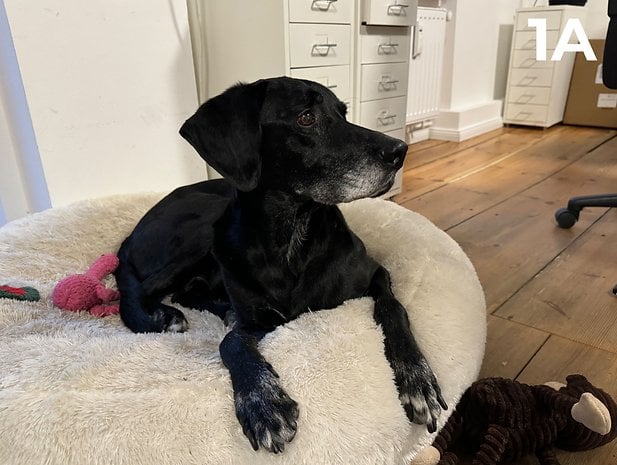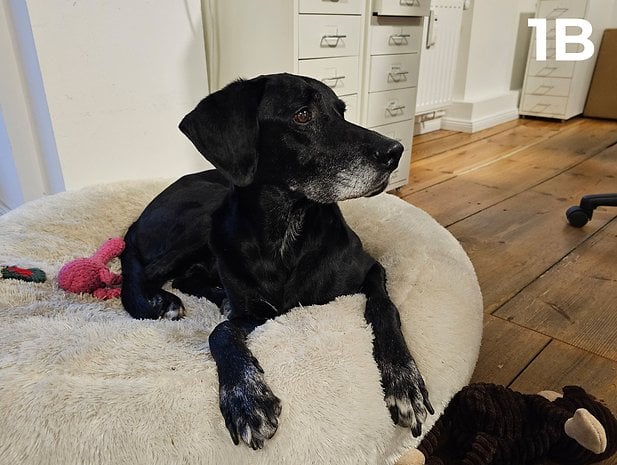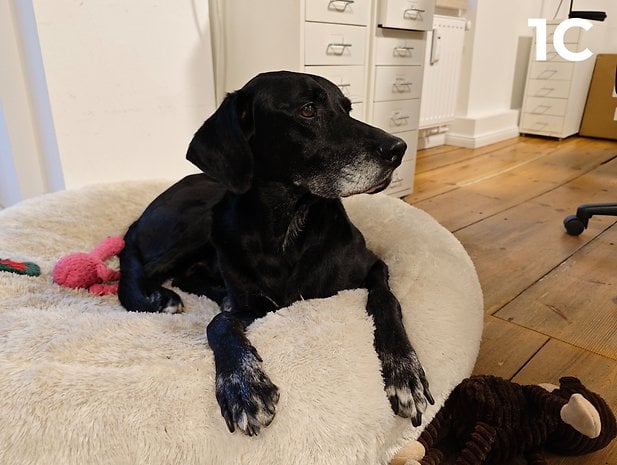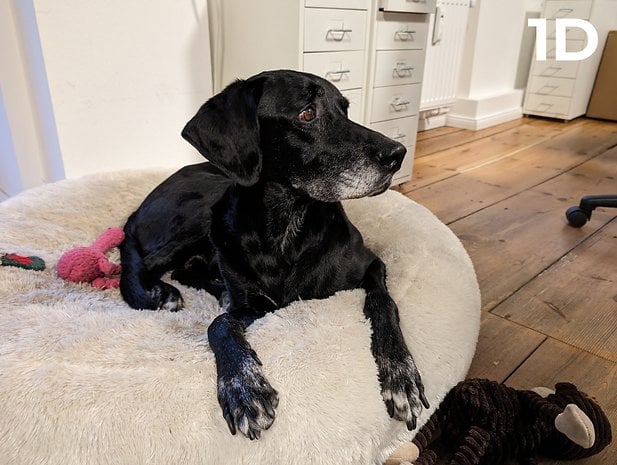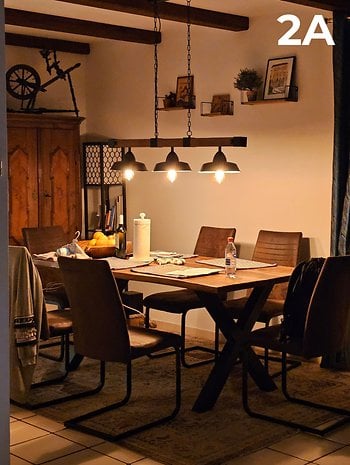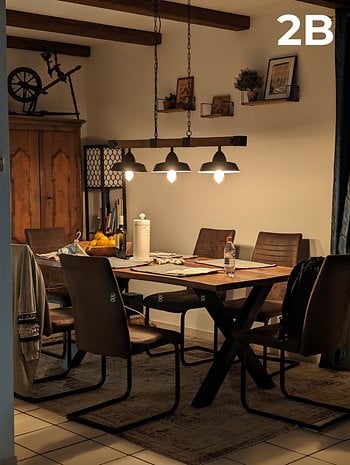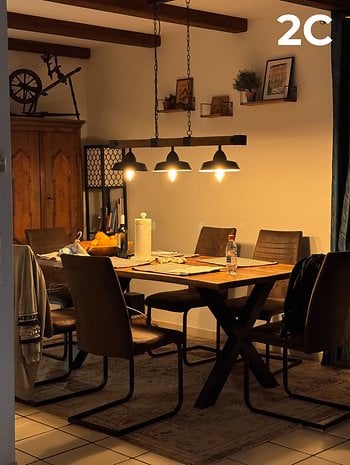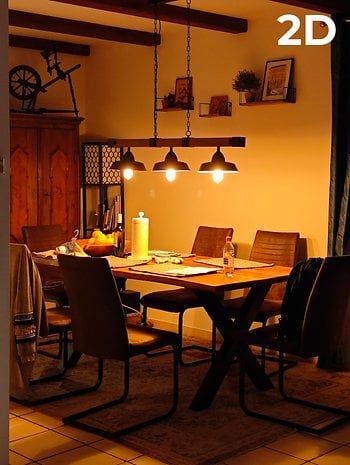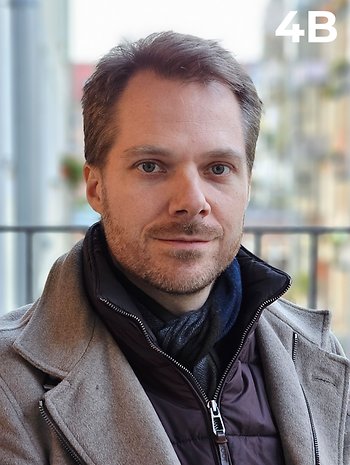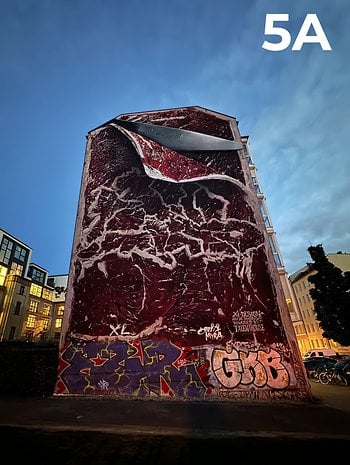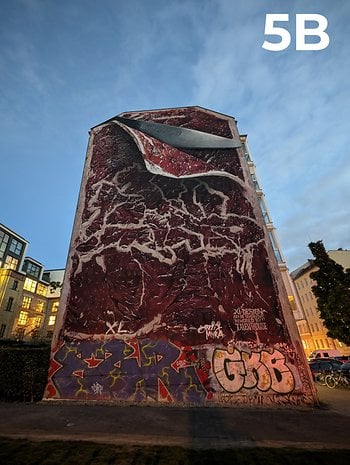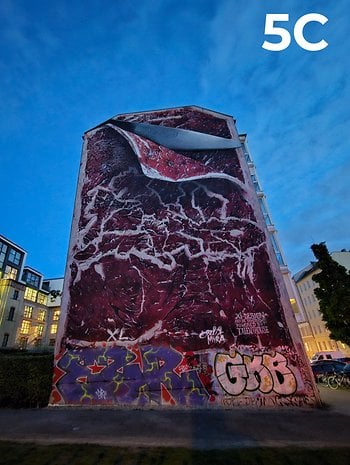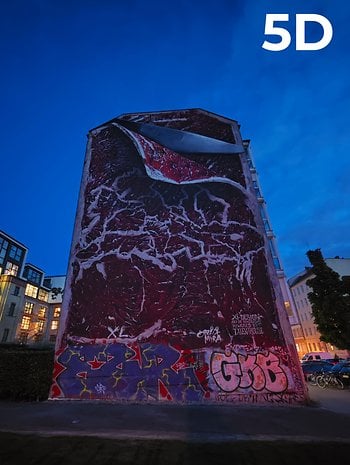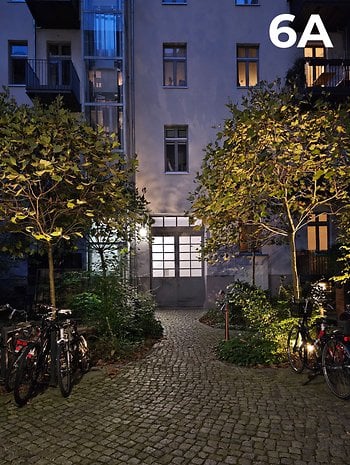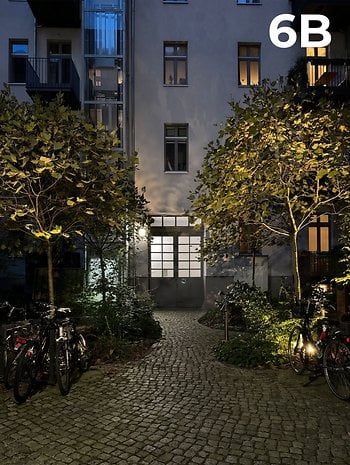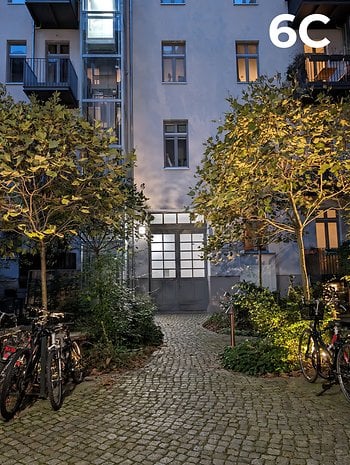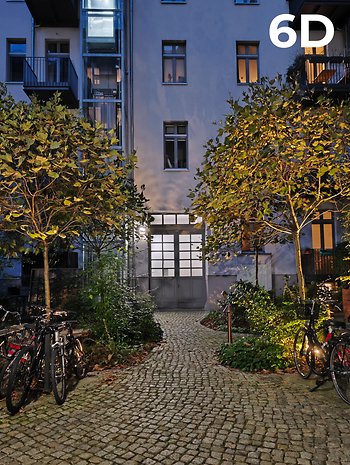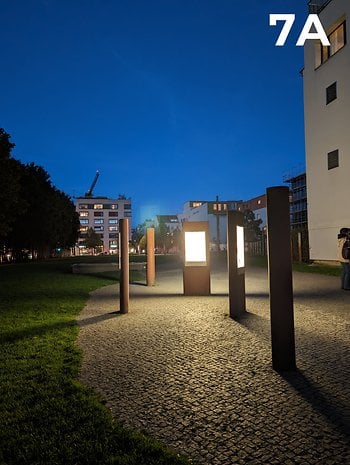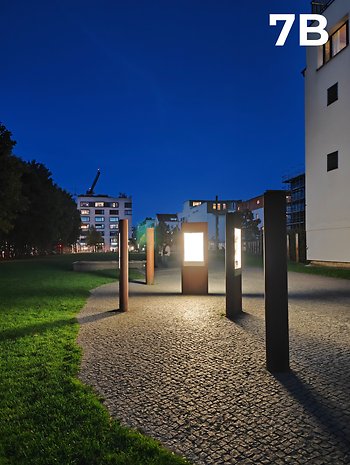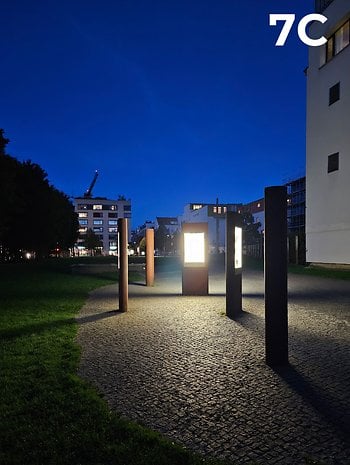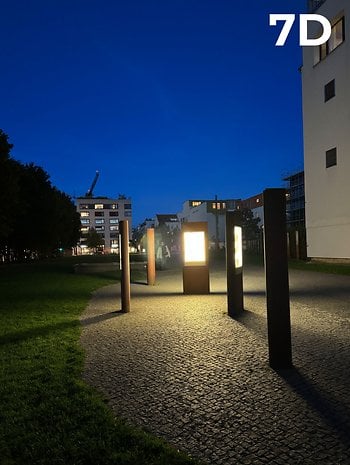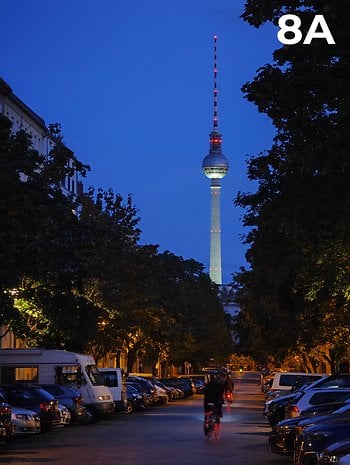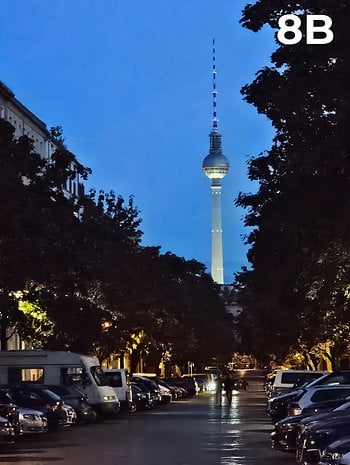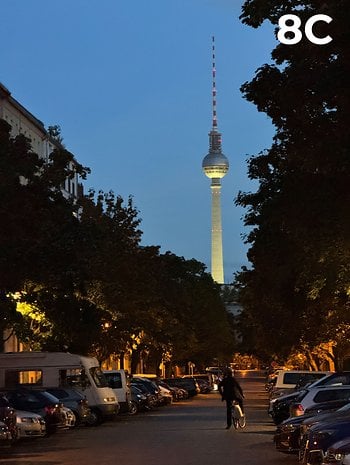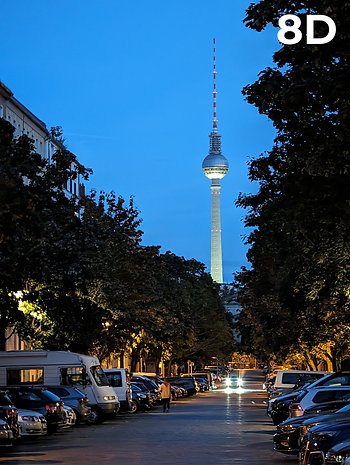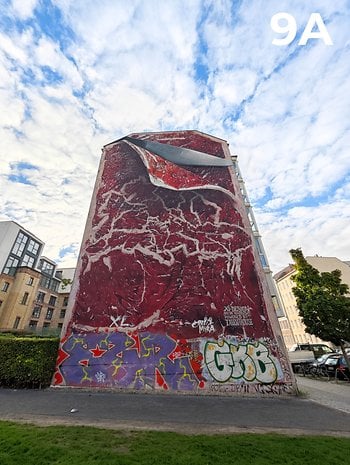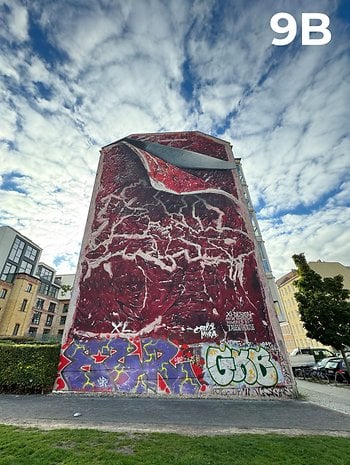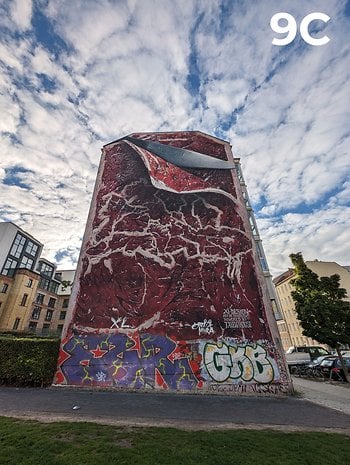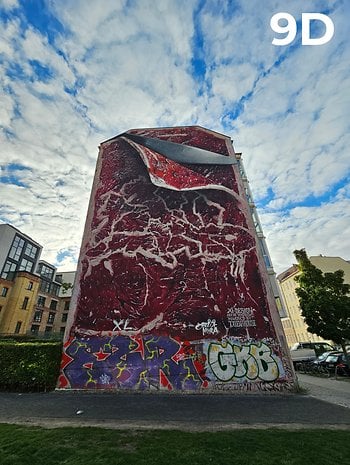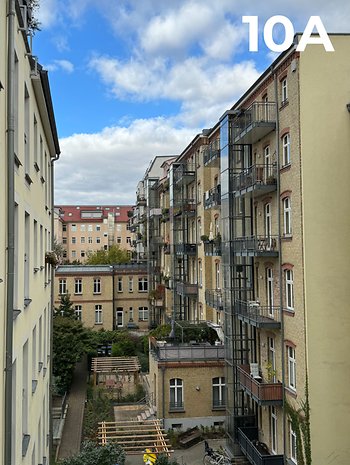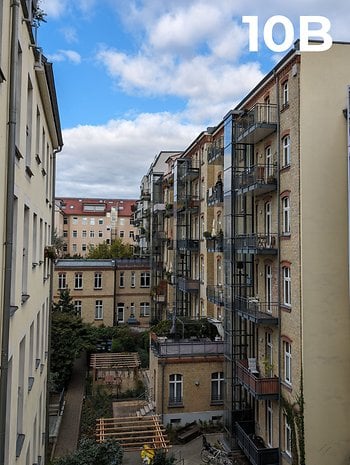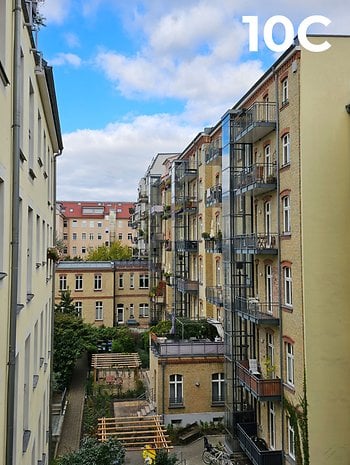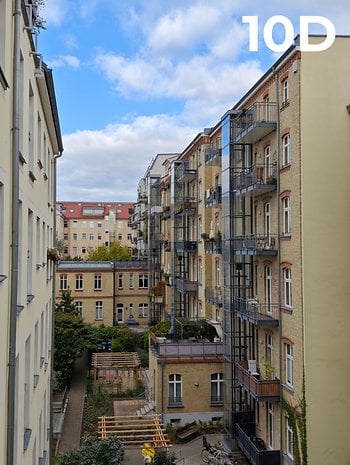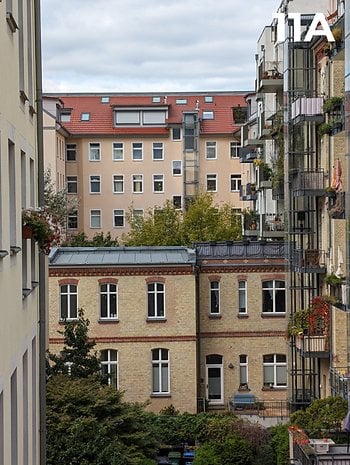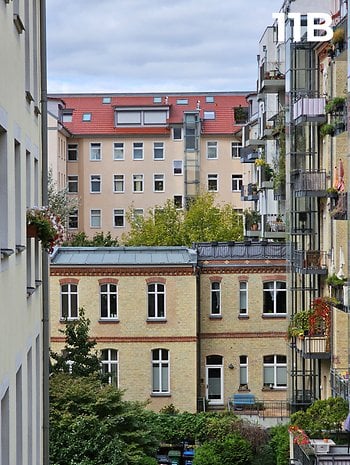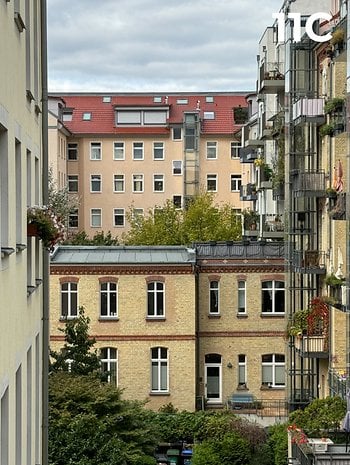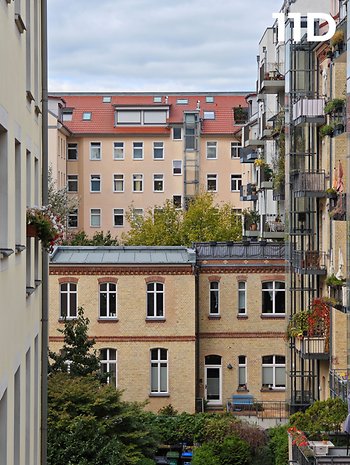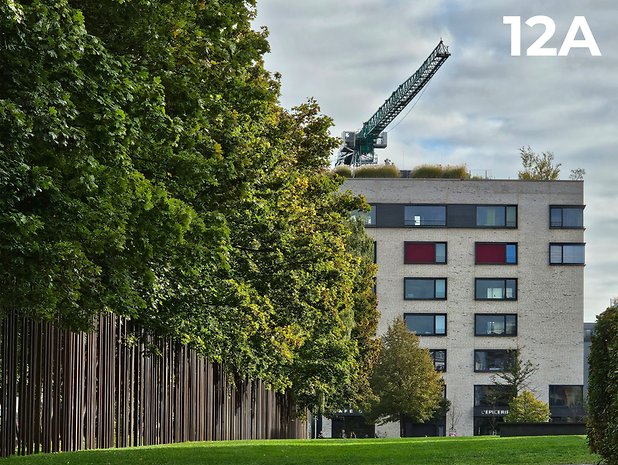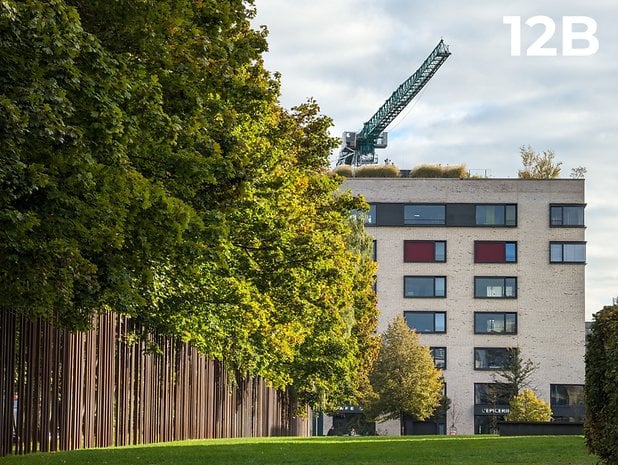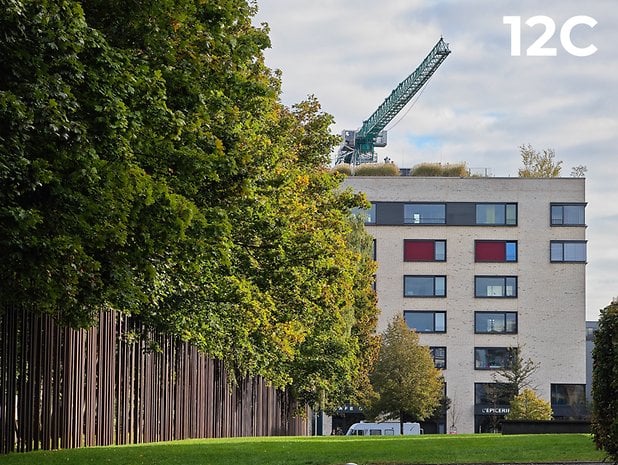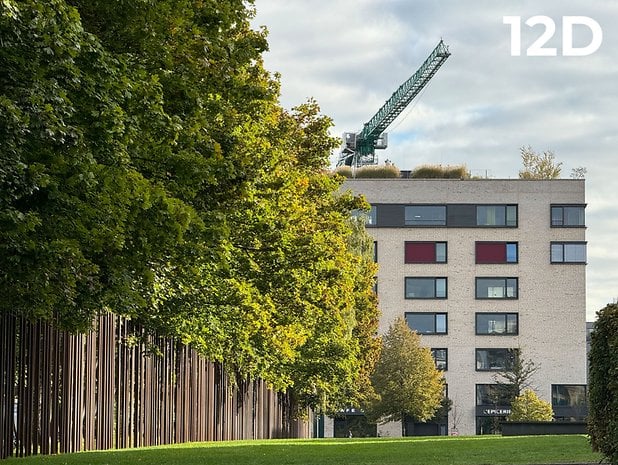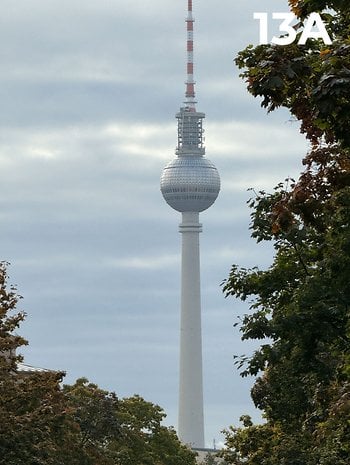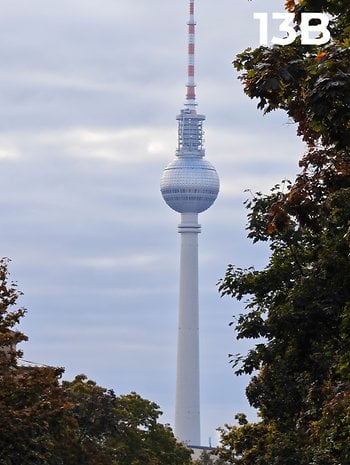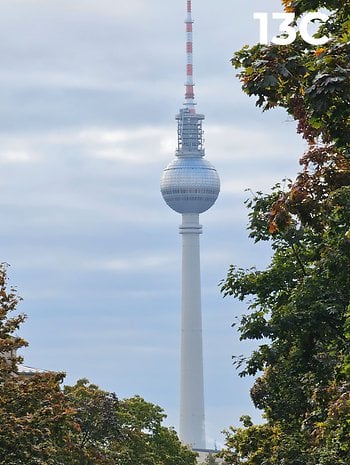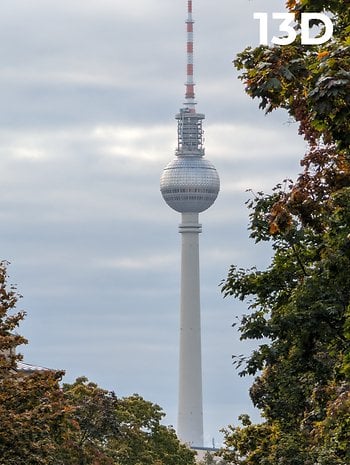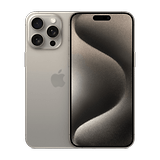
Which smartphone has the best camera in the second half of 2023? You decide in our camera blind test. This time, the brand-new Google Pixel 8 Pro and the iPhone 15 Pro Max compete against the Samsung Galaxy S23 Ultra and the Xiaomi 13 Ultra from the first half of the year. Let’s go.
What is a camera blind test anyway? And how does it work?
In order for you to really choose the smartphone with the best picture quality without bias, you do not know which photo comes from which smartphone in our blind test. Instead, you have to choose between four letters, behind which a different phone is hidden in each picture. Picture 1A and picture 2A do not necessarily come from the same camera.
Here are the four smartphones we photographed with:
| Flagship phones face-to-face | ||||
|---|---|---|---|---|
| Product | ||||
| Image | 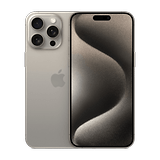 |
 |
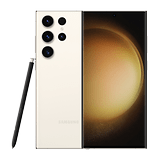 |
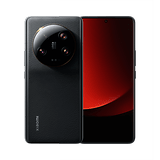 |
| Read Review |
Read the iPhone 15 Pro Max Hands-on |
Read the Pixel 8 Pro Review |
Read the Galaxy S23 Ultra Review |
Read the Xiaomi 13 Ultra Review |
| Main camera |
|
|
|
|
| Ultra-wide-angle camera |
|
|
|
|
| Telephoto camera |
|
|
|
|
| Selfie camera |
|
|
|
|
| Price Comparison |
|
|
|
|
The voting is now running for just under a week on the German, French, and global nextpit pages. Afterward, we will add up the votes across all three domains and determine a winner for each motif. The first place gets three points, the second place two, the third place one, and the fourth place zero points. The score results in an overall winner at the end.
Another important thing to know: Unless otherwise stated, we always use the default camera settings. After all, this is how the vast majority of users take pictures. We also take three photos of each subject with each smartphone and select the best picture. This prevents isolated outliers from influencing the overall result.
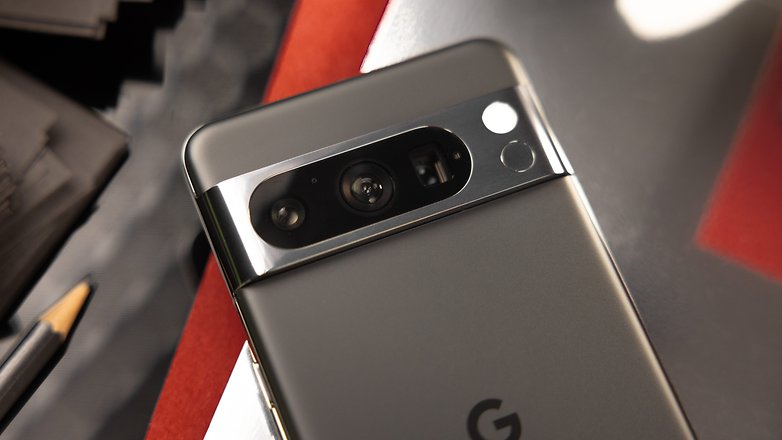
Scene 1: artificial light, main camera (1x)
We’ll start with a challenging motif this time. This doesn’t (only) mean our office and Luke, who had to hold still for 30 seconds for this series of pictures. The smartphones also have to show whether they can keep the white balance neutral in the mixed light conditions of daylight and artificial light.
Scene 2: Tungsten light, 2x zoom
It gets a bit more difficult with our second motif. With 2x zoom, there is less space available on the sensor, and in addition, the light from the bulbs here is significantly warmer and darker at the same time. Which smartphone delivers the most atmospheric image here?
Scene 3: Portrait in daylight, 3x zoom
The third motif is about skin tones. Which smartphone delivers the most beautiful portrait photo with the best colors here? Also, notice how cleanly the smartphones crop my head from the background.
Scene 4: Portrait at twilight, 3x zoom
Here we repeat the portrait motif, but this time in much worse lighting conditions (and lower temperatures, brr). The only zoom level available on all smartphones in portrait mode is 3x zoom.
Scene 5: Night, ultra-wide angle
Now it’s getting really dark: Our fifth motif takes us to the former Berlin Wall, which split the capital into two parts like a cut in the flesh. The smartphones clearly diverge here – from strongly brightened to relatively dark. The color reproduction also differs significantly.
Scene 6: Night, main camera (1x)
The sixth motif shows the inner courtyard of the nextpit office. All nextpit editors enjoy this atmospheric view when they go home in fall and winter and the sun has already set. Which smartphone shoots the best picture here with its main camera?
Scene 7: Night, 2x zoom
Along the former border in Berlin, there are numerous panels telling the story of the inner-German separation. The high brightness differences of the illuminated panels pose a great challenge for smartphones—especially since there is already less sensor area available at 2x zoom.
Scene 8: Night, 5x zoom
The Berlin TV tower at night in 5x zoom: Which smartphone does best in this street scene? At least on paper, the Galaxy S23 should do worse here, since it has to digitally zoom in on the 3x camera image.
Scene 9: Daylight, ultra-wide angle
Yes, the sun shines in Berlin, too—and gave us this dramatic cloudy sky on Tuesday, October 17. There are sometimes enormous differences between the smartphones in terms of contrast and color reproduction.
Scene 10: Daylight, 1x zoom
With motif number 10, all smartphones are allowed to take a quick breath: daylight and the main camera make a simple combination. Nevertheless, the photos differ in color reproduction, sometimes significantly.
Scene 11: Daylight, 3x zoom
Here again the same motif, only zoomed in three times. Theoretically, the smartphones with real 3x zoom should have an advantage here, i.e. the Galaxy S23 Ultra and the Xiaomi 13 Ultra.
Scene 12: Daylight, 5x zoom
For the penultimate motif, we chose a really detailed scene that puts the zoom performance of smartphones to the test. Which phone manages the best detail reproduction here? And how can the Samsung Galaxy S23 hold its own against the other models?
Scene 13: Daylight, 10x zoom
The last motif might be the Samsung Galaxy S23 Ultra’s parade discipline. After all, it is the only device in this comparison with a real 10x zoom. But does the Samsung smartphone really deliver the best pictures? Vote!
Could you identify the different models? Which smartphone do you think will win this time in our camera blind test? I’m looking forward to your comments—and to the result, which we will publish next Wednesday. If you don’t want to miss it, then subscribe to our newsletter!

